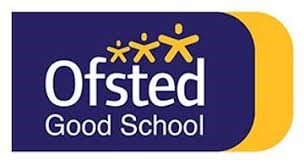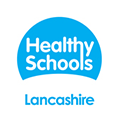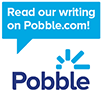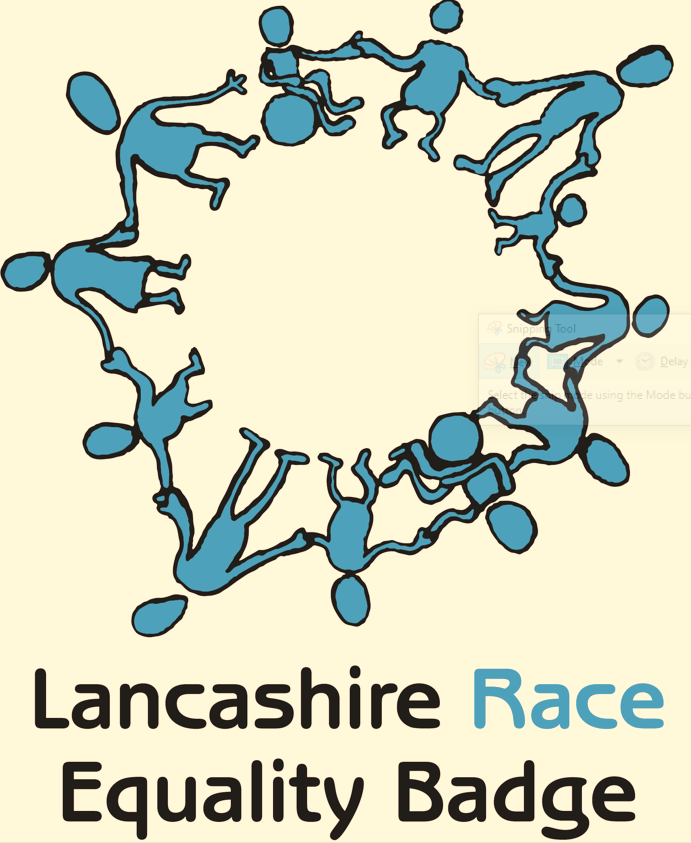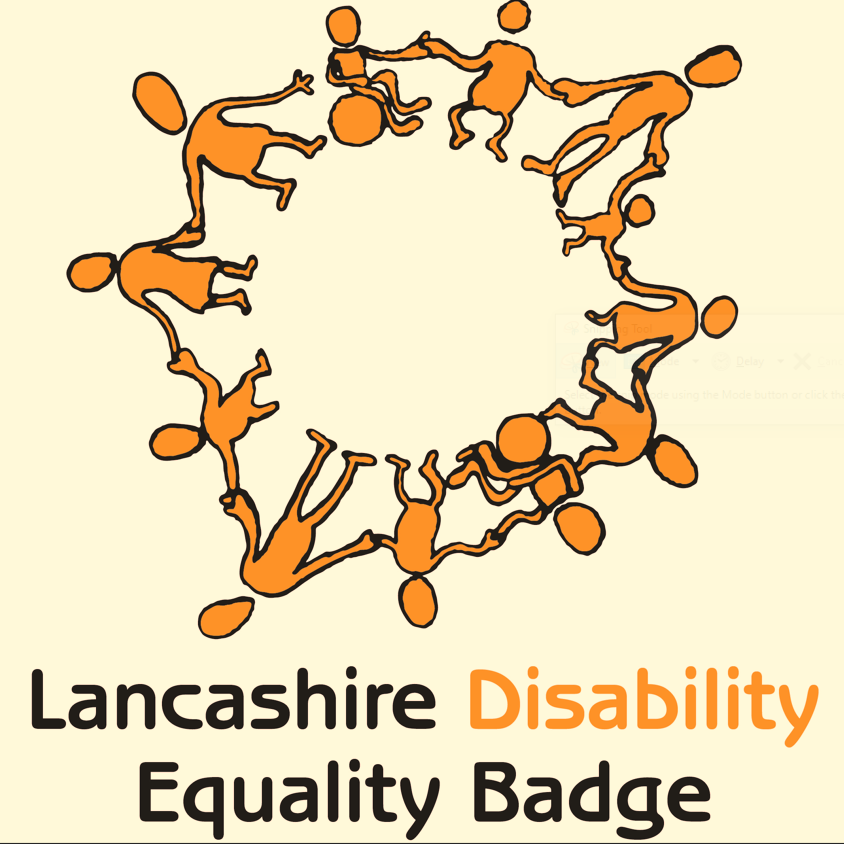Reading and Phonics
At Water Primary School, we are ambitious for our children to have the best possible life chances. We recognise reading as a vital life skill that unlocks endless opportunities for success.
Our aim is to ensure that every child is equipped to:
- Read easily, fluently, and with good understanding
- Develop a lifelong habit of reading widely and often
- Read for both pleasure and information
We are committed to fostering a love of reading and empowering our pupils to become confident, curious, and capable learners.
To support this, children are encouraged to read for pleasure both at home and in school. Every class enjoys a dedicated class novel, and teachers regularly share a wide range of high-quality texts to inspire and engage young readers.
We use a variety of strategies to teach reading effectively. Alongside phonics, children learn to decode using multiple methods, recognise high-frequency words by sight, and explore meaning through picture books and rich class texts.
Across all year groups, reading is taught through whole-class sessions or reading workshops, ensuring every child has the opportunity to grow as a confident, fluent, and enthusiastic reader.
Vending Machine
Here at Water Primary we are lucky to have our own vending machine. This is used as part of our drive to make Water an outstanding reading school. The children will earn tokens for their reading efforts, both in school and at home, and they can ‘spend’ these on their choice of books from the vending machine. Below we have some children who were lucky to receive a book from our school vending machine!
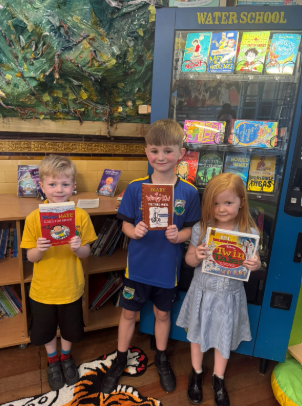
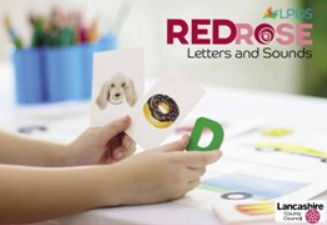
Our teaching of Phonics is based on Red Rose Letters and Sounds. This is a systematic approach and we begin every school day with a 25-minute Phonics session. This ensures that phonics is taught regularly, discretely, explicitly and in an agreed and rational sequence.
Synthetic Phonics has nothing to do with the word ‘artificial’; the reference is to the process of blending (synthesising) the individual sounds in a word together, working from left to right, to read them. Synthetic phonics work can begin simply with oral blending, that is, the children listen to sounds and then blend them. They also learn to say sounds, in order, that are represented by individual letters and pronounce these together to say a word (e.g. the sounds /c/, then /a/ and then /t/, blended together to say /cat/). Synthetic phonics also teaches children to break down (segment) a word they hear into its individual sounds, starting from the first sound and working systematically through the word. For each sound they hear, they choose the letter (or combination of letters, such as ‘ch’ or ‘ai’ or ‘th’) to represent that sound in order to spell the word.
Blending and segmenting are, in the words of the Rose Review, ‘reversible processes’: that is, if you can blend the sounds together to read a word, you should also be able to identify and break down (segment) the individual sounds in a word you hear to spell it. To spell the word, you need to represent each sound you hear by a letter – or more than one letter.
Tricky Words
Children are also taught to read words that are not completely phonically regular, often called ‘tricky’ words in phonic schemes. Children are taught to read these tricky words on sight, so that they do not have to spend time puzzling them out. We regularly help children to practise their speedy recall of tricky words, often with something as simple as flashcards.
A Multi-Sensory Approach
We use a range of activities to support the teaching of phonics, including:
- hand actions/movements to reinforce the sound being learnt or consolidated
- letter cards: to move around on the floor or to put in order, left to right, in a paper ‘pocket’
- whiteboards for writing
- boards with plastic/magnetic letters.
We aim to ensure that the children are physically engaged as active learners, playing many games with them throughout any one phonics session.
We support the teaching of phonics with a range of resources based on this approach, and we ask parents to support this learning at home too.
Please see the video below to help you with the correct articulation of sounds.

